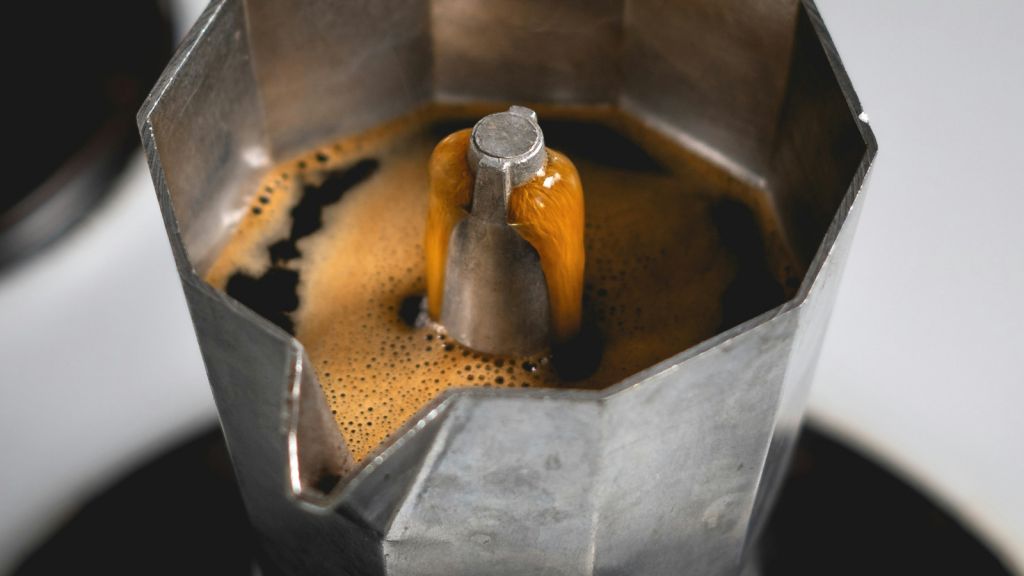
If you love coffee, chances are you’ve tried a few methods to achieve the perfect cup.
I cycled through moka pots, drip filters and even capsule machine routines before finally landing on my French press go-to ― it’s the best quality-to-ease compromise for busy weekdays, I reckon.
Still, on weekends, I turn to the moka pot’s slightly more velvet-y offering. But according to coffee expert James Hoffmann, it seems I’ve been missing a crucial strep.
In an Instagram post shared last weekend, the coffee legend shared his own moka pot routine ― and even the water is different to my own approach.
How?
James boils his water before pouring it into the base of his container.
He advises we “fill the base of the pot up to the valve with water just off the boil” ― for what it’s worth, Starbucks recommends the same step.
A 2008 article shared in The American Journal of Physics found that using cold water in a moka pot causes the beans to “cook” rather than properly brew.
That’s because when cold water is heated up in the bottom of the pot, it takes longer for enough steam to build up to create that satisfying screaming brew.
The water also trickles more slowly out of the moka pot’s funnel.
That leaves a longer time for your coffee beans to burn, creating a bitter taste.
Boiling water, on the other hand, speeds up the entire process and prevents beans from burning.
Any other tips?
That wasn’t the only rule in James’ moka pot routine.
He also shared that he uses about 10 times less coffee in weight than water, filling the chamber to the top without compacting the ground beans.
James recommends using an Aeropress filter under the top part of the pot too if you have one.
He places his moka pot on medium-high heat, leaving the lid open (more news to me) so you can watch the liquid escape the funnel.
The coffee expert says this is useful because you should reduce the heat to a minimum when you spot the flow, removing the pot from the hob completely if the coffee’s coming thick and fast.
As soon as you hear a gurgle, you should pick the pot up, tip it at an angle, and run the base under a cold tap to cool it down.
I think I’ve been screwing up every step ’til now...


